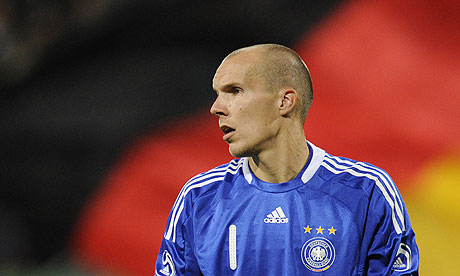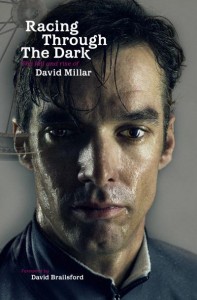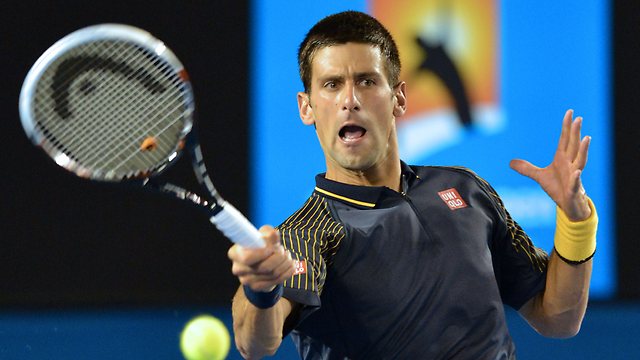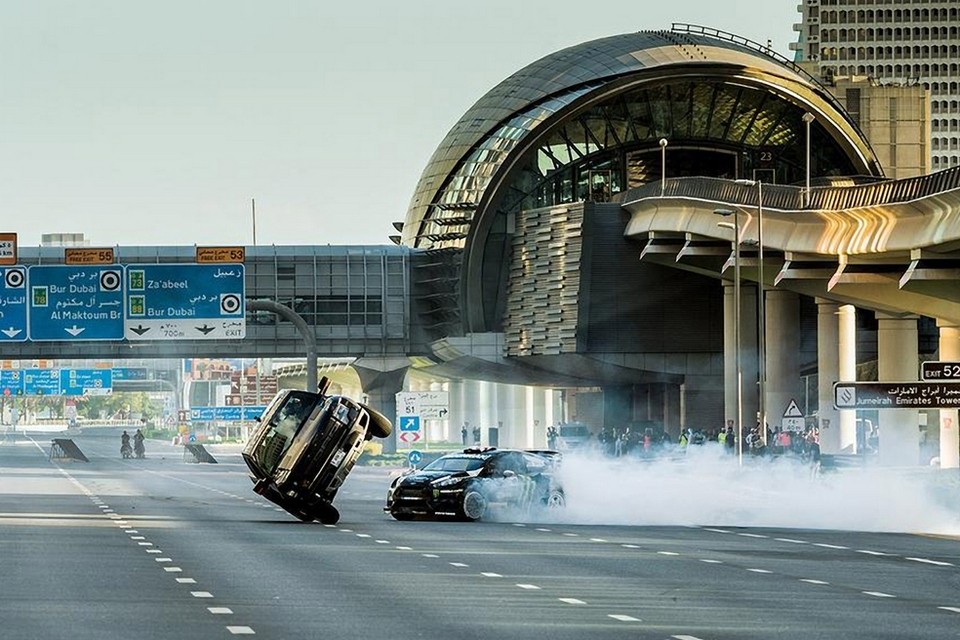>> Having reviewed masses of sports books for Metro this year, I compiled their end of year list of the best in the field this week. This was written before attending the William Hill Sports Book Prize on Monday – and it was good to see that the book they had chosen as the winner – Ronald Reng’s incredibly moving biography of tragic German goalkeeper Robert Enke – was also my pick as sports book of the year.
Understandably, inevitably, there was a more sober atmosphere than usual at the awards. Barely 24 hours had passed since the death of Wales football manager Gary Speed, and Ronald Reng was collecting the £23,000 prize for A Life Too Short: The Tragedy Of Robert Enke – who also took his own life in 2009. One of the judges, broadcaster and writer John Inverdale, said there was a “tragic symmetry”. Reng simply hoped that his victory for A Life Too Short would “make people understand that depression is genuinely life-threatening.”
Tragedy, struggle, torment and, sometimes, redemption – these are the kind of areas in which the best sports books tend to operate these days. Elsewhere on this year’s William Hill shortlist, cyclist David Millar’s memoir Racing Through The Dark is turbulent to say the very least. Paul Kimmage’s Engage – the tale of rugby star Matt Hampson’s paralysis – is completely heartbreaking. Bill Jones’ The Ghost Runner, meanwhile, is a simple, sad story of missed opportunity and regret. Inverdale noted that, with the exception of Patrick Collins’ Among The Fans, there wasn’t an awful lot of joy in this year’s crop – although he did think it was the best quality shortlist he’d come across in his 13 years as a judge.
I’ve been reviewing sports books for over a decade now, and Inverdale is absolutely right about the increase in quality. It helps that the writers themselves are taking on bigger subjects than simple tales of success and failure, but the era of hastily ghostwritten memoirs by famous sports stars seem to be disappearing too. As Joey Barton famously put it after several English players brought out books after the World Cup: “’We got beat in the quarter-finals, I played like shit, here’s my book’. Who wants to read that? I don’t.”
Instead, remarkably, David Millar revealed at the Hay Festival last year that his literary inspirations were Bret Easton Ellis, Cormac McCarthy and JG Ballard. Admittedly, Racing Through The Dark doesn’t quite hit his heroes’ heights – and Millar had help writing it from cycling writer Jeremy Whittle. But when he describes the 2010 Tour De France as his “personal journey through suffering”, it’s a world away from highly paid footballers trying to justify their astronomical wages.
So the status and ambition of sports books is unquestionably higher than the days when they were simply seen as the ideal Christmas present for the difficult-to-buy-for uncle. Kimmage, Collins, and double “Bookie” winner Duncan Hamilton aren’t just good sportswriters, they’re great writers full stop. And, of course, Michael Lewis’ brilliant Moneyball is currently enjoying the Brad Pitt-endorsed Hollywood treatment.
True, not all the prose in sports books is to their standard. But the storytelling very often is. And when this year’s winner, Reng, talked of “standing back” as an author, so it could be Enke’s book rather than his, it proves there’s a real depth of thought at play in today’s sporting literature.
Anyway, you can read my sports books of the year in Metro here – not all of which were on the William Hill list. An honorable mention should also go to Ned Boulting’s How I Won The Yellow Jumper – perfect for anyone who’s grown up watching the Tour De France on television.



